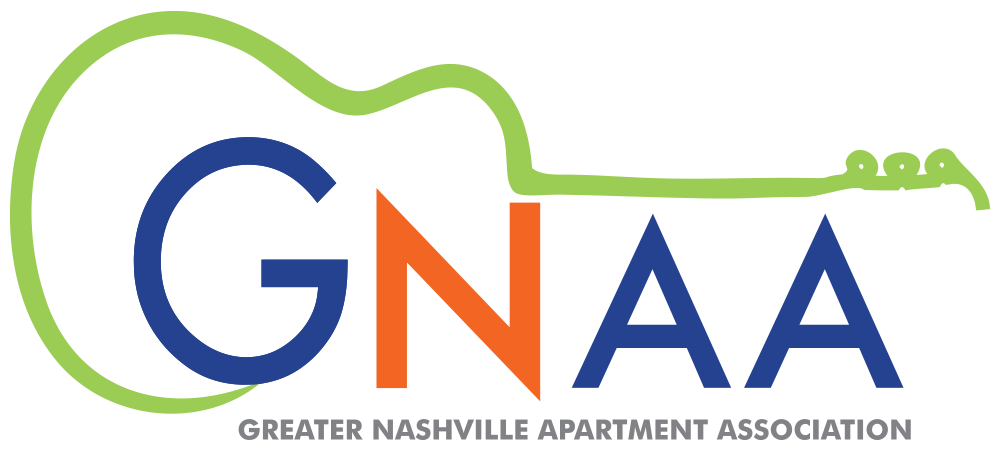From NAA | Legislative Trend: Tenn. Immigration Harboring Law
By Landon Erickson |
The Big Picture
Effective July 1, 2025, Tennessee House Bill 322 and Senate Bill 392 expanded the state’s human trafficking laws and included a provision making it a crime to “knowingly” harbor or hide any individual who a person “knows or should have known” has illegally entered or remained in the U.S.
What Does This Mean for Rental Providers?
Rental owners and operators in the state should consider how this law may impact their communities. A violation of the new law would be considered a Class A misdemeanor with fines up to $1,000 per individual “harbored or hidden.” Housing providers should contact their attorney to better understand their compliance responsibilities and rely on important industry partners as a resource, such as the Greater Nashville Apartment Association (GNAA) and the Tennessee Apartment Association (TNAA).
“Our members are committed to following the law while treating all applicants fairly and respectfully,” said Ginny Johnson, President of GNAA and TNAA. “This new Tennessee statute does not impose a requirement on housing providers to verify immigration status, nor does it criminalize routine leasing practices. We encourage property owners to maintain consistent screening criteria, avoid assumptions, and consult legal counsel before taking action that could result in unintended consequences.”
National Apartment Association (NAA) members also may utilize the association’s industry resources. NAA has developed a comprehensive member resource on immigration enforcement and the rental housing industry.
NAA’s Advocacy Outlook
NAA has observed an uptick in relevant legislative activities that could impact the rental housing industry and is grateful for its affiliate partners’ advocacy on immigration issues. GNAA and TNAA ensured the industry’s voice was heard and represented in policy conversations about HB322/SB392.
NAA will continue to support its affiliate partners’ advocacy with resources at the state and local levels and remains the voice of the rental housing industry at the federal level.

